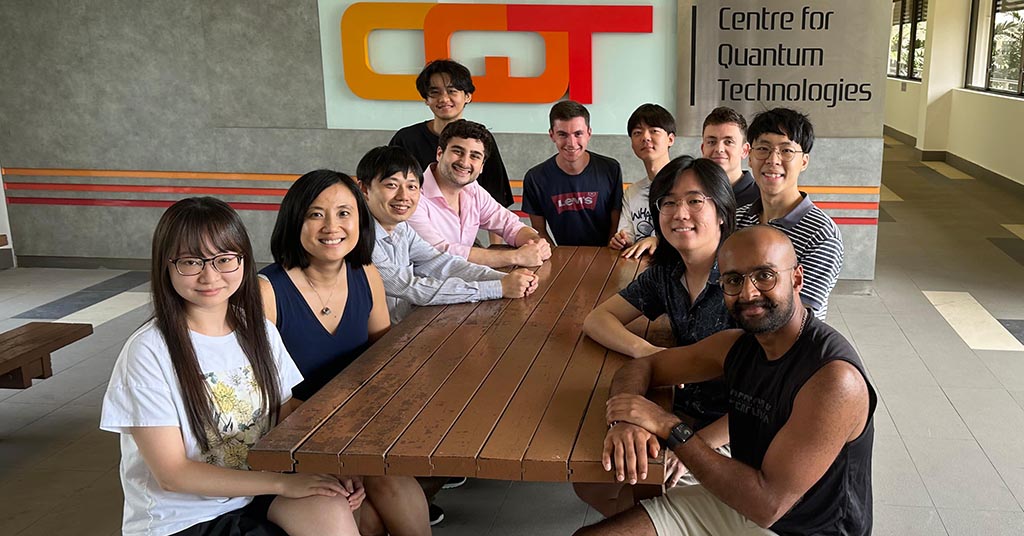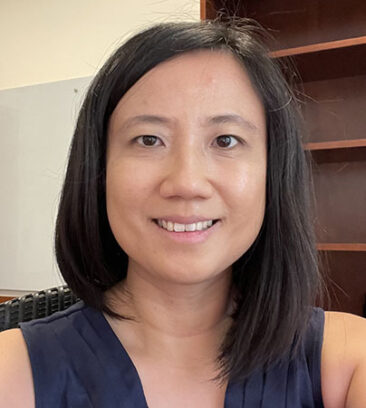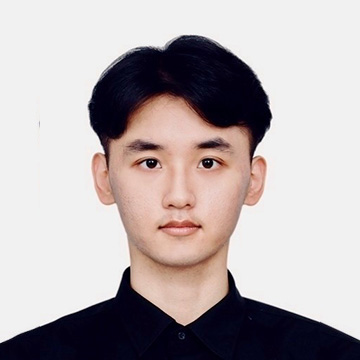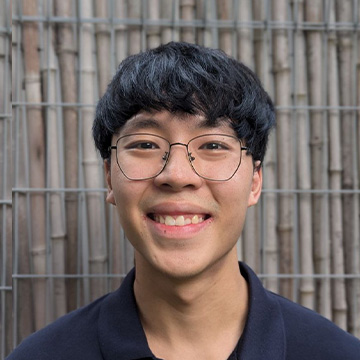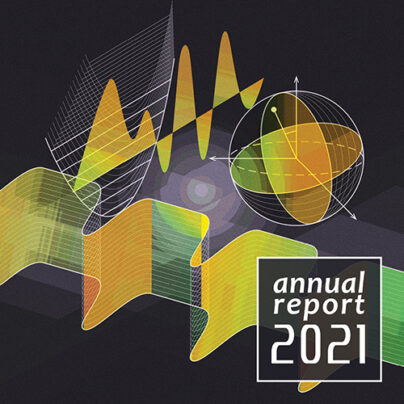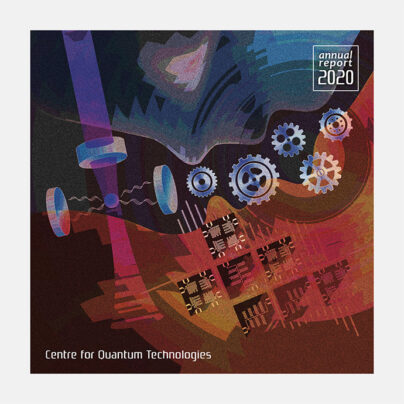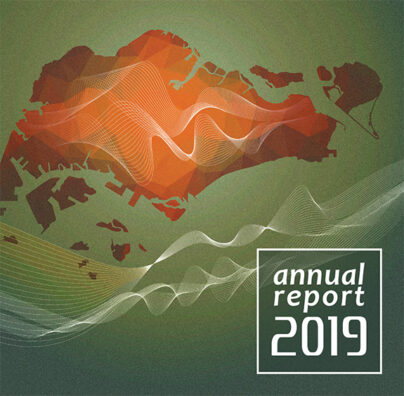Ng Hui Khoon Group
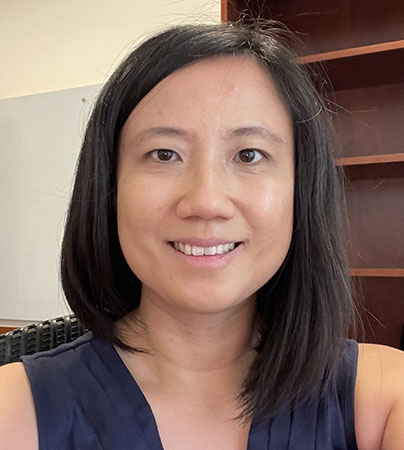
Hui Khoon Ng did her undergraduate studies in Cornell University, and completed her PhD in the group of John Preskill at Caltech. Upon graduation, she returned to Singapore to join the DSO National Laboratories, spending part of her time at CQT in the group of Berge Englert. In 2013, she joined the faculty of the then-new Yale-NUS College (a liberal arts and sciences college set up by Yale and NUS), while maintaining a joint appointment at CQT. Her research focuses on theoretical aspects of quantum computation, particularly on noise control, quantum error correction, and fault tolerance. She currently heads up the Science Division in Yale-NUS, and is the Deputy Director (NUS) for MajuLab, a French CNRS quantum science lab situated in Singapore. She is also Senior Scientific Advisor to Entropica Labs, a quantum startup in Singapore focusing on error correction and fault-tolerant quantum computing.
Ng Hui Khoon Group
The biggest obstacle to the successful implementation of useful quantum information and computation devices is noise. The quantum effects — quantum coherence, quantum correlations, etc. — that give quantum systems their edge over classical ones are highly fragile and require intricate care for their preservation. Noise-suppression techniques, including dynamical decoupling, error correction, and fault tolerance, have seen much progress over the years, with many creative ideas contributing to the overall theoretical confidence in our ability to tackle noise. Furthermore, recent experimental advancements are starting to demonstrate the possibility of implementing some of these strategies in real devices.
Our group studies the effects of noise and its mitigation and correction via quantum error correction and fault tolerance techniques. We seek a better understanding of the characteristics of noise relevant in quantum computational systems, and attempt to narrow the gap between theoretical proposals of noise reduction and practical implementations. This includes, among variations on the same theme, the study and development of quantum error correction and fault tolerance schemes, the characterization of noise parameters useful for noise-adapted treatments, development of experimentally feasible proposals for implementing error correction in real devices, etc. We are a theory group, but we work closely with many experimental collaborators to try to bring fault-tolerant quantum computing closer to reality.
Recent papers
Magic states are rarely the most important resource to optimize
Fault-tolerant embedding of quantum circuits on hardware architectures via swap gates
Circuit-level fault tolerance of cat codes
High-Fidelity CZ Gates in Double Quantum Dot — Circuit QED Systems Beyond the Rotating-Wave Approximation
Optimizing resource efficiencies for scalable full-stack quantum computers




